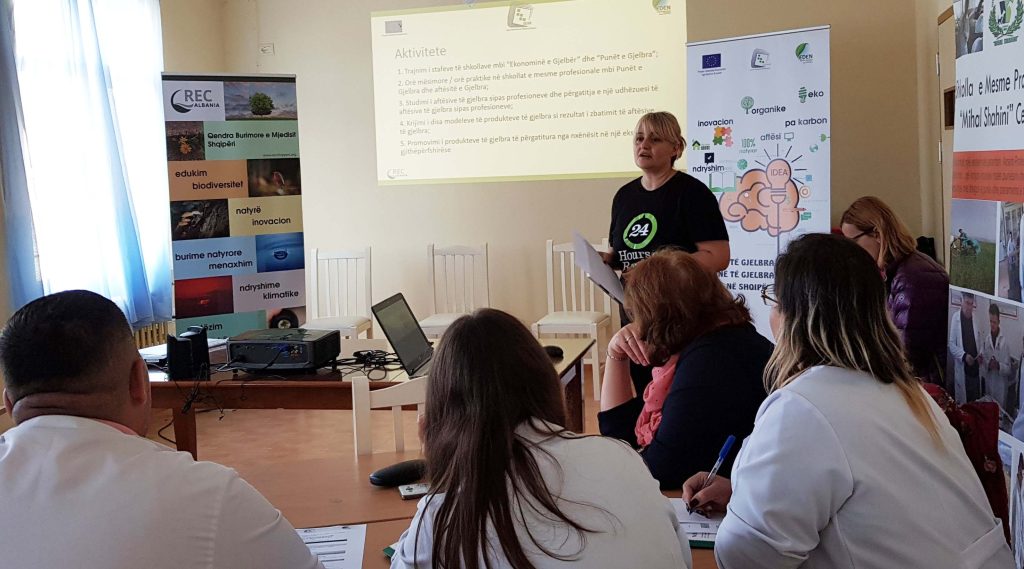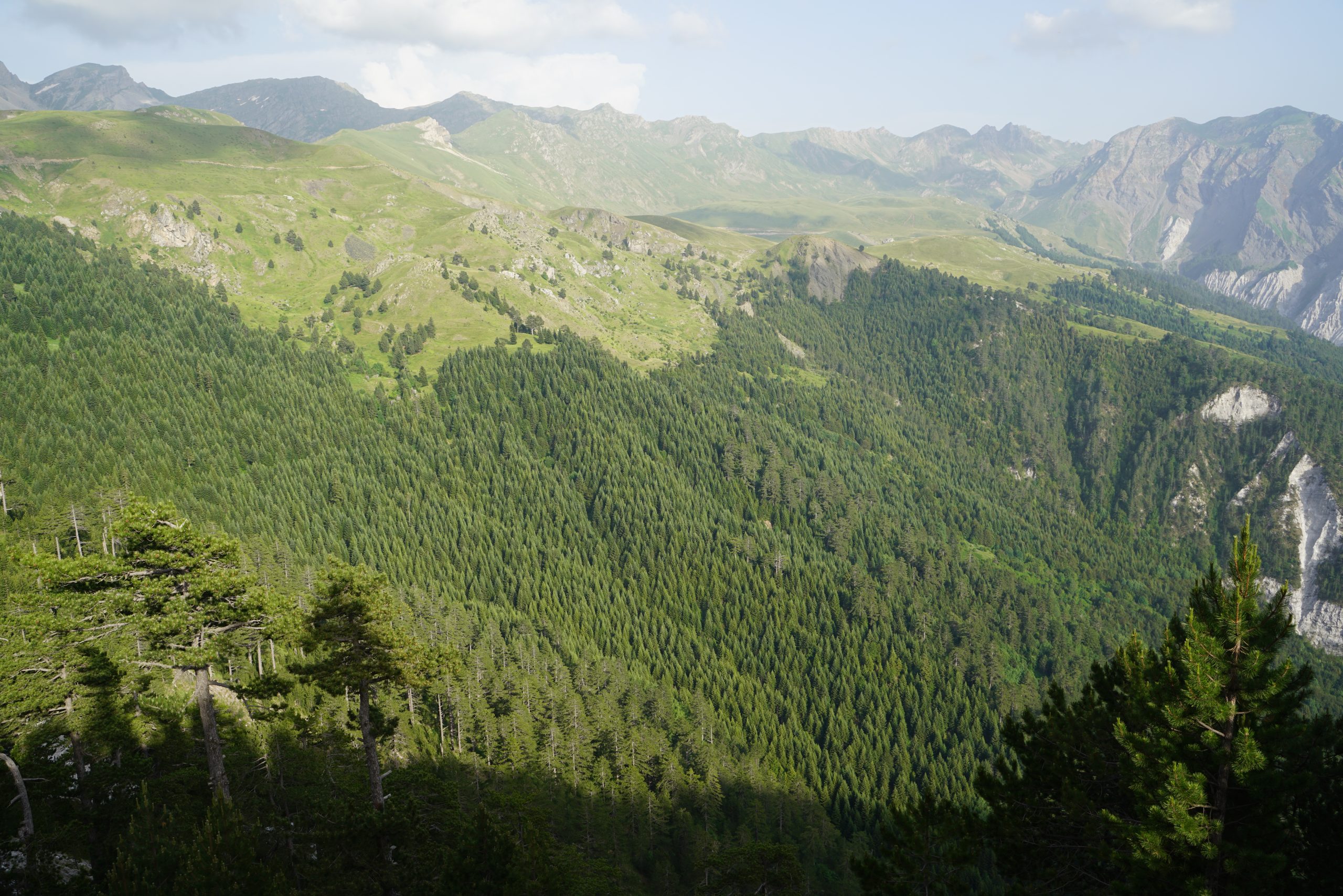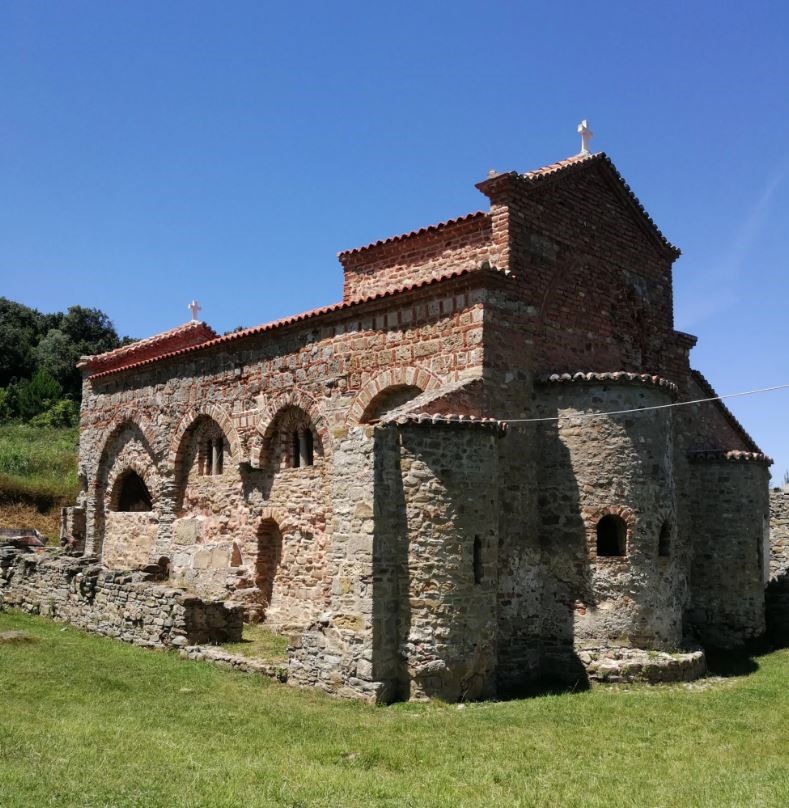The development of green economy is of particular importance in the context of a global economic crisis. If years ago, the economy depended on the use of natural resources, nowadays there is a ‘resource crisis’, with a threat of deficiency and rising prices. Creating a model based on Green Economy is very important because it must enable economic growth without damaging the environment. To achieve such an economic model, there must exist a better management of resources. That is why it is very important today to build the capacities of young people with the necessary green skills required for a Green Economy.
A prerequisite for developing a green economy is the green skills of the labor force. The youngest to emerge in the labor market are those who graduate from vocational education schools with different vocational backgrounds and profiles. There are 54 public vocational schools in Albania. In the 12th grade curricula there is already a course focusing on environmental education and sustainable development, but to be more realistic, it remains more at a theoretical level. The lack of teacher training for this subject or the lack of practical demonstration activities makes the information conveyed to students incomplete, remaining at the level of just theoretical knowledge.
Through the project “Green Skills for Green Jobs in Albania” currently being implemented by REC Albania supported by the “GEAR-Green Economy for Regional Development” program by EDEN center, it is aimed to develop green skills and promote initiatives of “green jobs” among young people in vocational high schools in Albania.
As part of this project, REC held its first orientation meeting with pupils of the Mihal Shahini Agricultural Vocational High School in Cërrik, as well as the first training session with the teachers of the same school. Part of the discussion with the pupils but also in the training with the teachers were the concepts of green economy and the necessity of their development towards the sustainable development of the country, as well as the development of the green skills of students from vocational education schools.
As part of the second phase of the training, teachers will continue to run several classes with the pupils focusing on green economy and cultivating environmental awareness among them.





